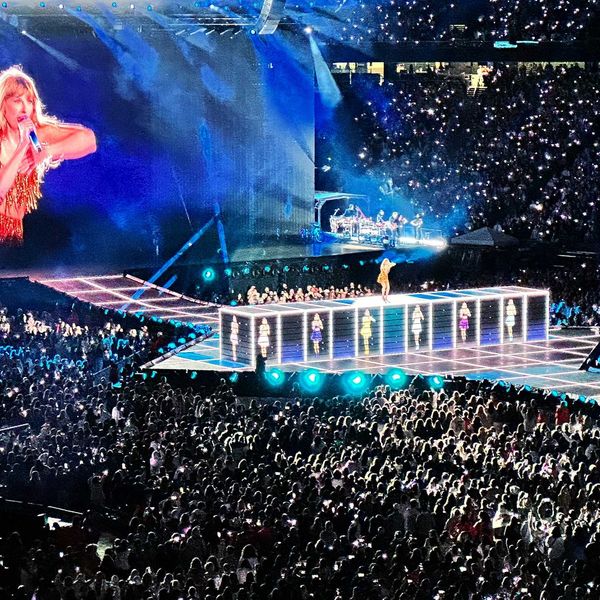Are the New Trendy, Tiny PCs Right for You?
The biggest trend in portable computers is to go small, light, and energy efficient. Netbooks are the new petite computers with the stripped-down basics of quick and easy Web access, Wi-Fi, and office applications in a package weighing 2 to 3 pounds. Could one be right for your business as an additional computer or even a laptop replacement?
You won’t get a disk drive, but you will get some USB ports to transfer data. And though lightweight, netbooks prove quite sturdy because of their solid-state drives. Still wondering if you need a netbook? If you’re looking for an on-the-go, ultraportable computing option that’s slimmer than a laptop yet bigger than a smartphone, ask yourself these questions to make sure one is right for you.
Do You Travel a Lot?
If you’re always on the go, you’d likely benefit from shaving a few pounds from your bag and adding to your battery life. Netbooks are the perfect portables, going where a bigger laptop would be a nuisance to carry, yet providing much more power, screen, and keyboard space than any smartphone.
Travel isn’t the sole reason to spring for a netbook, though. They’re best for light computing applications: taking notes, sending e-mail, browsing the Web, and the like. You won’t have any problems with simple photo editing for blog posts, but if you need any serious graphics capabilities or large software packages, a netbook isn’t for you.
Can You Downsize?
Switching to a smaller keyboard isn’t a big deal for most people, but for some it can slow them down. If you have large hands or fingers, you’ll want to try out the keyboard before you make the purchase so you know you can type comfortably. Also, can you deal with the reduced screen space? Most Web apps function just fine on the 7- to 10-inch screens, as do word processing ones, but large images and extra-wide spreadsheets could cause you some trouble.
Netbooks also have reduced computing power, making heavier apps a no-go. If you’re concerned about any high-load programs you run, start tracking how and when you use them, especially on the road, and see if you could do without them or if there’s an available Web workaround. Also, don’t plan on using your netbook as a CD or DVD player; there are no disc drives to speak of.
What Should You Buy?
There are plenty of netbook options on the market to choose from, such as the Everex CloudBook, the MSI Wind, the HP 2133 Mini-Note, the Acer Aspire One, the Dell Inspiron Mini, and the ASUS Eee PC. Most are relatively cheap, typically running $300 to $750.
The systems all run Linux or Windows XP; Vista usually isn’t recommended because of the high processing power needed. They can run Microsoft Office programs. Some come with these preloaded, but if you’re looking to cut costs, you can try downloading ThinkFree, StarOffice, or Open Office for offline use, or using Zoho or Google Docs online.
A long-lasting battery or even an extra battery could be an essential upgrade if you spend much time away from outlets. Look for battery lives close to six hours at the top end. All-day batteries are set to come out in 2009.



